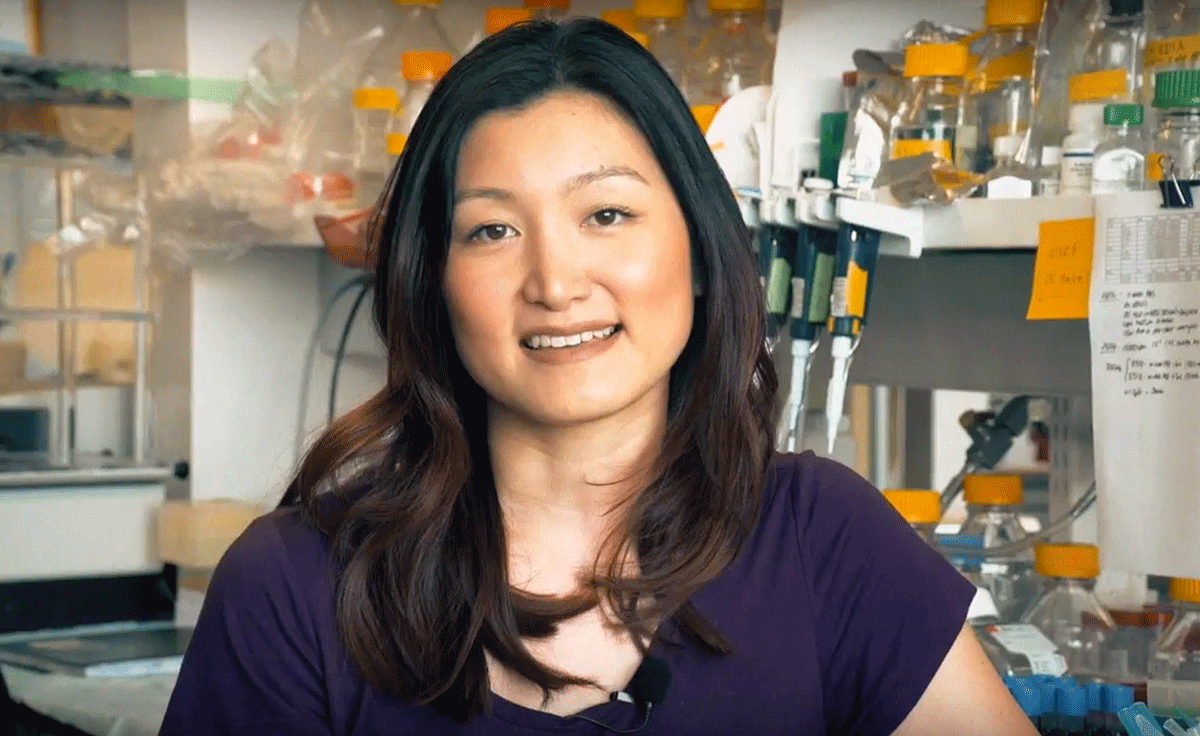
I recently attended a conference in New York where one of the featured speakers was Dr. Frances Colón, former Deputy Science and Technology Advisor at the U.S. Department of State. She said the following:
“As scientists, we have a responsibility to do good, ethical work that advance our fields of research. We also have a responsibility to our communities, which we shirk when we choose not to be civically involved.”
Not all scientists need to be involved in policy but we should all be engaged and connected with our communities; and we can start by communicating our research to those outside of our academic silos.
Scientists speak up
I confess science communication was not something I spent much time thinking about until the 2015 Canadian federal election, which saw the rise of science as a key election issue. Amid allegations that the Canadian government was “muzzling” government scientists by limiting their ability to share their research, I began to hear the voices of a group not typically prominent in the media – the scientists themselves. Publicly-funded science, they argued, is a public good that must remain accountable to and accessible by the people, and play a key role in evidence-informed policy-making. I had not seen science advocacy like this before. Maybe I just hadn’t been paying attention.
But I sure started paying attention.
Since that election, I have prioritized skills for communicating with non-scientific audiences as a key component of my career development. Of course, science communication is not just about transparency and accountability, it is also about knowledge sharing, building a culture of science, and empowering a society of informed citizens. Through blogs and opinion pieces, video and podcast interviews, and in-person presentations, I have communicated with cancer patients, students, youths, and policy-makers. No matter who I am speaking to and what specific topic I am tackling, it is always about creating dialogue about and around science.
Advocating for basic science funding
Among my science communication efforts, what has captured my interest the most is engaging with policy-makers. Last year, as president of the student-run science policy organization Science & Policy Exchange, I and a group of dedicated students and post-doctoral fellows organized a large-scale effort to advocate for federal investments in fundamental science. We drafted an open letter to the Prime Minister and built an online campaign featuring promotional and testimonial videos, infographics, and the hashtag #Students4theReport. Leveraging the momentum from our campaign, we obtained invitations to participate in meetings with key stakeholder organizations to coordinate a unified effort to advocate for science funding. Less than one year later, the budget committee announced science as a priority for 2018, and students had a stakeholder seat in Parliament for the budget reveal.
Communicating with policy-makers has been a particularly meaningful experience in my life, not only because it has allowed me to positively impact the science community, but also because it opened the door to an internship opportunity at the Office of the Chief Science Advisor. I obtained funding through the McGill Doctoral Internship Program and spent three months working for Dr. Mona Nemer in Ottawa. Much of Dr. Nemer’s work is about effectively communicating the importance, impact, and meaning of scientific evidence to a wide range of audiences, including the Prime Minister himself. While there was of course a learning curve, I was able to draw on both my scientific training and my experiences in science policy and communication, which gave me confidence that I was well-equipped for this type of work. I look forward to building a career on supporting the use of science in shaping evidence-informed policies that will benefit our communities.
McGill offers opportunities to learn science communication skills through courses offered through McGill Writing Centre – CCOM 314 and 614 and SkillSets- Spell your science courses.

Vanessa, Honor to Post your Article on LinkedIn/ I concur. We love learning from/ interacting with you brilliant researchers, scientists/ medical communities.
Making the impossible, possible!
Mary Kathleen O’Connor, BFA, BFA, Master Certificate Entrepreneurial Studies/Entrepreneurship, ASID, IIDA, NACORE